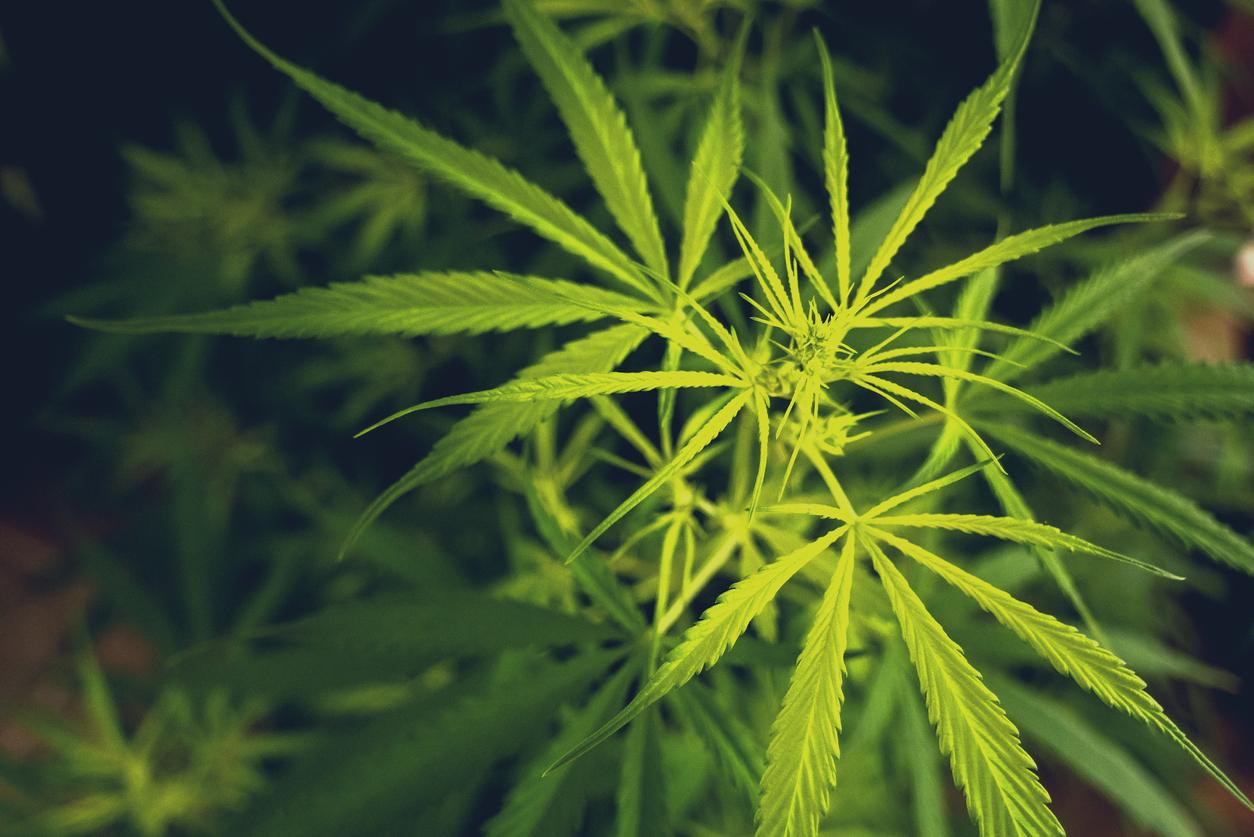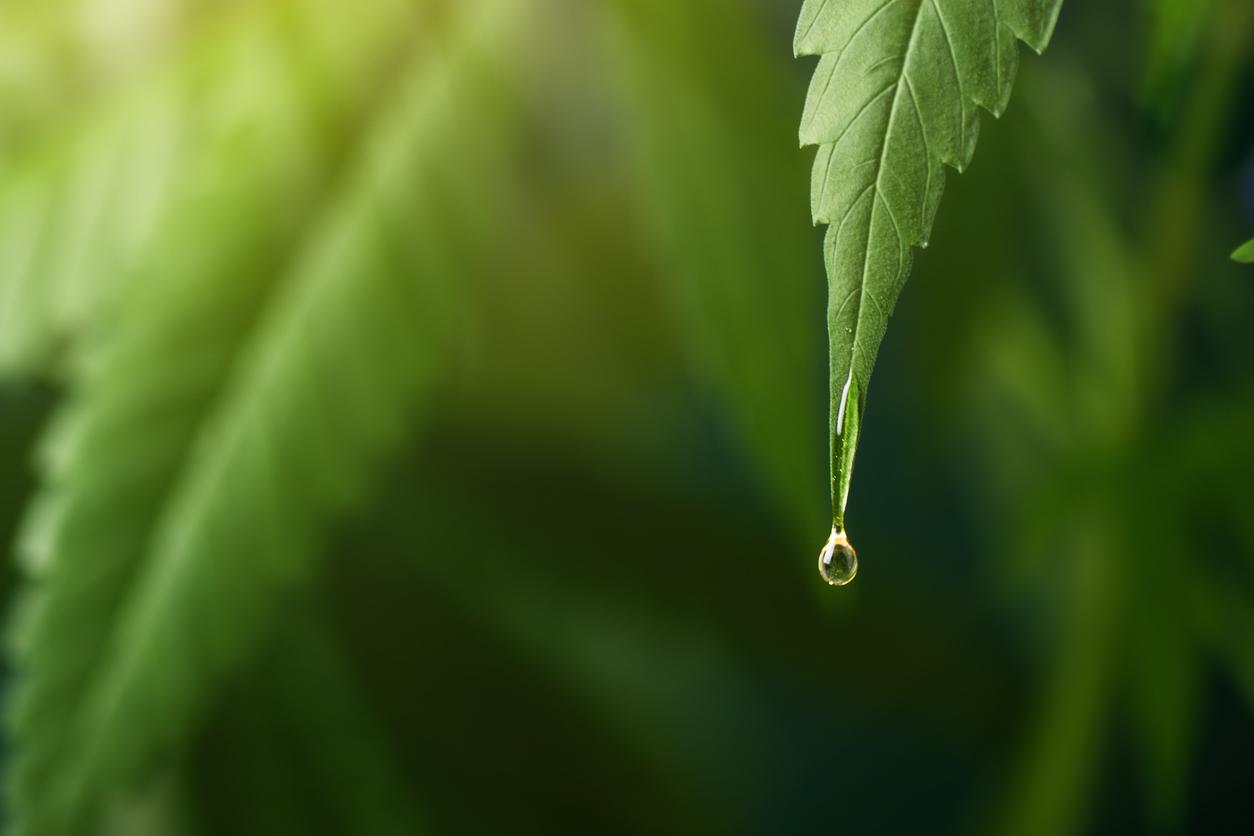Consuming cannabis is associated with a reduction in the use of methamphetamine among adults most at risk of overdose.

- In the study, approximately 45% of participants reported using cannabis to manage cravings for stimulant drugs in the past six months.
- This association was not significant for cocaine users.
- According to the authors, more in-depth studies are needed to understand the full potential of cannabis in the context of the current overdose crisis.
Using cannabis can reduce the urge to use highly stimulating drugs. This is what scientists from the University of British Columbia (Canada) revealed. In order to reach this conclusion, they conducted a study published in the journal Addictive Behaviors.
Cocaine, methamphetamine: using cannabis to manage cravings
For the purposes of the research, the researchers recruited 297 people. Participants, who simultaneously used cannabis and powerful stimulants, such as opioids, were asked to answer a questionnaire. “We used logistic regression models to analyze the association between cannabis use to manage stimulant cravings and self-reported changes in stimulant use frequency,” the team said.
According to the results, about 45 percent of volunteers reported using cannabis to manage cravings for stimulant drugs in the past six months, including powder cocaine, crack and methamphetamines. The data showed that 77.6% of people reported reducing their use of strong stimulants while using cannabis. This association was not significant for cocaine users.
An effective strategy for reducing the consumption of powerful stimulants
“Our findings add to growing scientific evidence that cannabis may be a beneficial tool for some people who want to better control their unregulated use of stimulants, particularly for people who use methamphetamines. This suggests a new direction for harm reduction strategies among people who use drugs”, said Hudson Reddonmain author of the work.
According to Dr. Zach Walsh, professor of clinical psychology at UBCO, while these results are promising, more in-depth studies are needed to understand the full potential of cannabis in the context of the current overdose crisis.


















